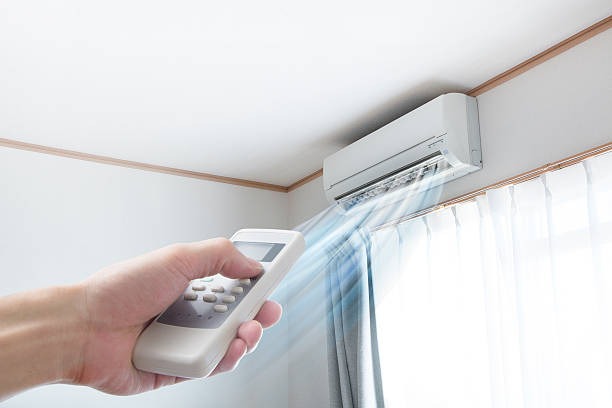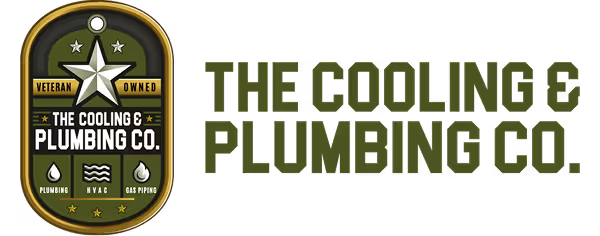24 Hour AC Repair in Apache Junction, AZ
Living in Apache Junction means coping with extreme summer heat, sudden monsoon storms, and temperature swings that can put heavy strain on residential and small commercial air conditioning systems. When an AC fails outside normal business hours, it can quickly become a health, comfort, and safety issue. This page explains how true 24-hour AC repair works in Apache Junction, AZ: on-call dispatch procedures, typical response expectations, emergency triage and repair prioritization, after-hours rate structure, technician qualifications, and how to reach the after-hours service line when you need urgent help.

Why 24-hour AC repair matters in Apache Junction
- Summer highs routinely exceed comfortable levels, making a broken AC a potentially dangerous situation for infants, seniors, and pets.
- Monsoon season can cause electrical surges, flooding, and compressor stress that lead to sudden failures.
- Desert dust and high cooling loads accelerate wear on components, increasing the likelihood of after-hours breakdowns.
Having access to a dependable after-hours repair service reduces risks and can prevent small faults from becoming costly system failures.
Common 24-hour AC emergencies in Apache Junction
- Total system failure during heat waves (no cooling, blower not running)
- Refrigerant leaks resulting in loss of cooling
- Electrical faults or tripped breakers causing intermittent operation
- Compressor failures or loud mechanical noises indicating imminent breakdown
- Clogged condensate lines causing potential water damage or overflow
- Smell of burning or visible smoke from the unit (potential safety hazard)
On-call dispatch procedures
A true 24-hour AC repair service operates with a staffed dispatch system that logs after-hours calls and routes them according to severity. Typical on-call dispatch procedures include:
- Immediate call intake to capture location, symptoms, occupant vulnerability (children, elderly), and any safety concerns.
- Remote troubleshooting by phone to determine whether a DIY reset or a technician visit is necessary.
- Prioritization based on health and safety risk, followed by system operability and property risk (e.g., potential water damage).
- Assignment of the nearest qualified technician with the appropriate parts and tools when a site visit is required.
Dispatch aims to send technicians who are prepared to perform safe, prioritized repairs rather than simply diagnose and return later.
Expected response times and what affects them
- Response times vary by time of day, traffic, and technician location. In most cases, after-hours response ranges from about one hour for high-priority emergencies to several hours for lower-priority calls.
- During extreme weather events or large-scale outages, response times may be longer due to high call volume.
- For life-safety or medical-vulnerability situations, triage protocols elevate those calls to the top of the queue.
The dispatch team should give you an estimated arrival window and update you if conditions change.
Emergency triage and prioritized repairs
When a technician arrives for an after-hours call, they follow a triage process to protect occupants and stabilize the system:
- Safety check: Ensure power and gas lines are safe, address smoke or burning smells immediately, and mitigate any immediate hazards.
- Temporary stabilization: Make quick, code-compliant repairs or adjustments that restore basic cooling or prevent further damage (e.g., resetting breakers, clearing condensate lines).
- Diagnostic assessment: Run targeted diagnostics to identify the root cause and determine whether a permanent repair can be completed on-site.
- Prioritized repair plan: If parts are required that aren’t available after-hours, technicians will implement safe, temporary measures and provide a clear plan for follow-up service.
This approach minimizes downtime and protects your home until a permanent fix can be scheduled.
After-hours rate structure and transparency
After-hours service typically includes:
- An after-hours service charge in addition to the standard diagnostic or service fee.
- Hourly labor and parts costs consistent with professional industry standards.
- A clear, written estimate before non-emergency work begins when time and conditions permit.
Reputable providers prioritize transparency: they explain any additional after-hours charges and obtain your approval before performing non-essential repairs. Expect straightforward explanations of what is required immediately versus what can safely wait for normal business hours.
Technician credentials and safety standards
Qualified after-hours technicians serving Apache Junction should hold:
- Proper state licensing and local contractor registrations
- Up-to-date HVAC certifications (EPA refrigerant handling certification, NATE or equivalent training is common)
- Background checks, drug screening, and customer-safety training
- Company-issued identification, uniforms, and fully stocked service vehicles
- Continuing education on modern systems, electrical safety, and desert-climate best practices
Technicians should follow strict safety protocols during night calls, including using proper lighting, securing the work area, and documenting work completed.
What to expect during an after-hours visit
- Arrival: Technician verifies identity and reviews the call details and any special occupant needs.
- Quick safety assessment and temporary measures to secure the system or home environment.
- Diagnostic steps are explained in plain language; technicians describe the cause and whether temporary fixes or full repairs are recommended.
- If immediate replacement parts are required that aren’t on the truck, technicians will explain the options for temporary mitigation and schedule a follow-up visit during regular hours for full repair.
- Documentation: You receive an itemized service report describing work performed, safety checks, and recommended next steps.
When to use after-hours service vs. wait for regular hours
Use after-hours AC repair when:
- There is a health or safety risk (vulnerable occupant, medical equipment affected by heat).
- The system is producing smoke, sparks, or a burning odor.
- There is a visible refrigerant leak or water leak that threatens property damage.
- The home reaches dangerous temperatures and immediate cooling is required.
If the issue is non-urgent (e.g., marginal performance, scheduleable maintenance), waiting for regular business hours may reduce costs.
Preventive steps to reduce after-hours emergencies
- Schedule seasonal maintenance before the peak heat season to catch worn components.
- Replace air filters monthly during heavy-use months and clean condensate lines annually.
- Install a programmable thermostat with alerts for abnormal temperature changes.
- Ensure adequate shading and attic insulation to lower cooling demand.
Regular maintenance lowers the chance of unexpected breakdowns and extends system life in Apache Junction’s harsh climate.
Final notes on reliability and safety
True 24-hour AC repair is about rapid, safe stabilization and clear communication. In Apache Junction, where heat and monsoon conditions can amplify risks, an on-call system that offers professional triage, transparent after-hours policies, and properly certified technicians provides essential peace of mind. Keep your emergency contact info accessible and know your provider’s after-hours process so you can act quickly and confidently when an urgent AC problem arises.






